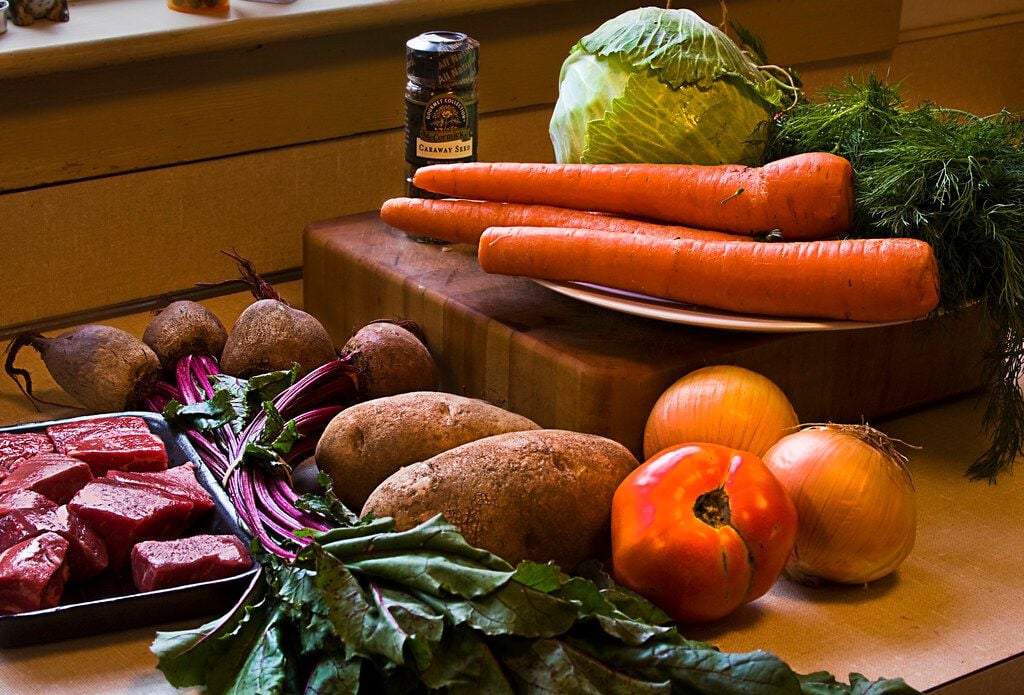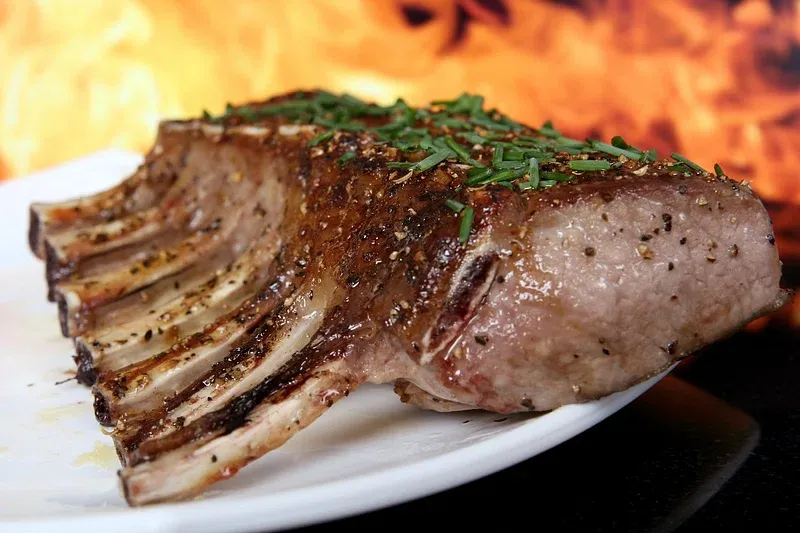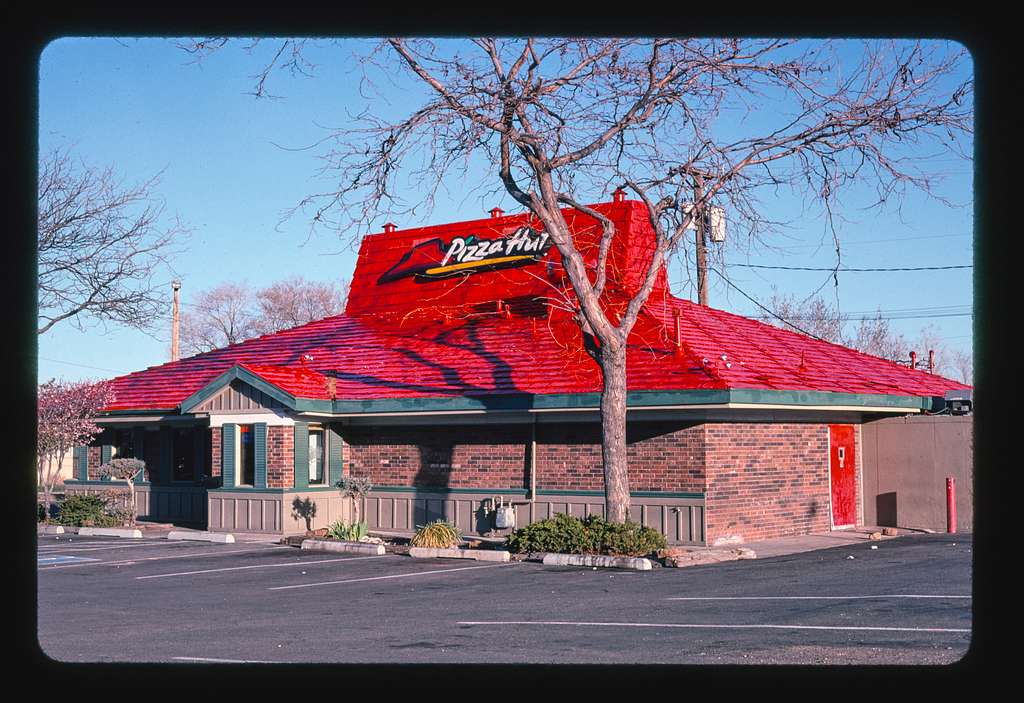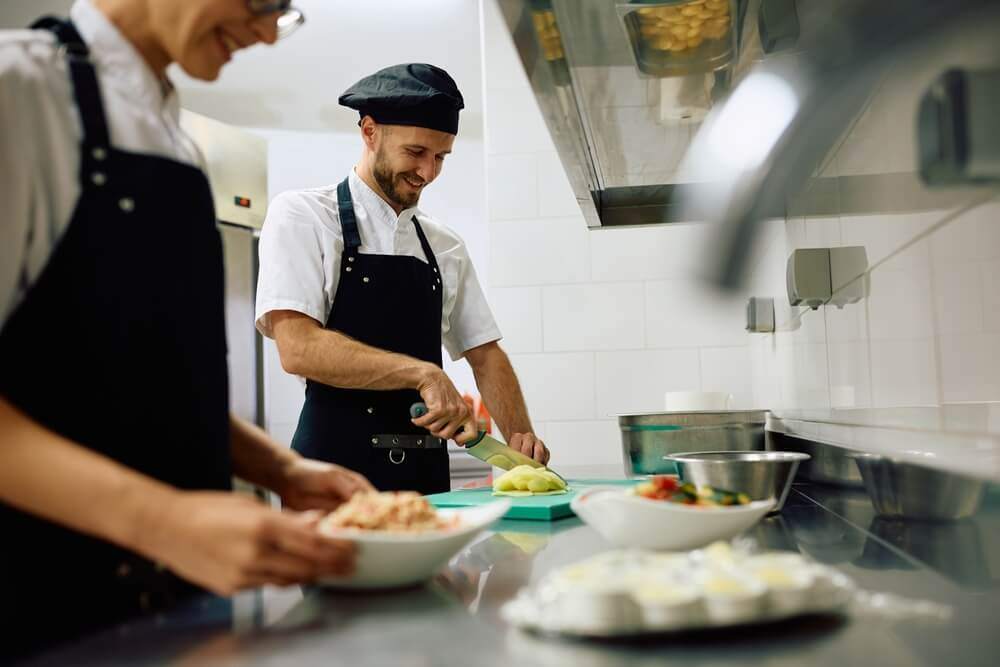
Exploring the Cheesecloth Conundrum: A Home Cook's Perspective
- Aug 11, 2024
While a cheesecloth is a common tool in professional kitchens used to strain liquids for sauces, broths, and stocks, it's often an overlooked item for many household chefs. I, myself, have bypassed the "cheesecloth procedure" many times, choosing instead to utilize a mesh sieve or kitchen towel. But, is this a shortcut we should be taking?
To uncover the answer, I took my questions to a few culinary experts. Andy Bruch, the chef and owner of Denver's Point Easy, believes the cheesecloth is a culinary necessity. He emphasizes, "Cheesecloth is incredibly versatile and a great thing to have around the kitchen. It’s just going to elevate your dishes if you use it where appropriate."
Bruch suggests that many household chefs sidestep the cheesecloth due to a simple lack of information: they may not know where to purchase it or why it is necessary. Cracking the mystery wide open, we found a quality, yet affordable cheesecloth on sale on Amazon for just $4.
Bruch comprehends why some people shy away from the cheesecloth, pointing out that its importance may not be readily understood and can seem tiresome if one is not accustomed to its diverse utility.
To delve deeper into the capabilities of this handy cloth, I connected with Joe Cash, a James Beard Award-nominated chef and the owner of Scoundrel in Greenville, S.C., acclaimed as one of Esquire's Best New Restaurants of 2023. Cash typically employs cheesecloth to extract as much liquid as he can while disregarding the pulp, resulting in a refined flavor and texture. He purifies herb oils, tomato water, and mushroom stock with it, and utilizes it to sift any residual sediment from clam or mussel stocks.
The specific cheesecloth we found on Amazon is produced by Cotton Farm From Mediterranean. It's reusable and full square yard (36" x 36") of unbleached cotton. Boasting over 8,000 five-star reviews on Amazon, it would seem as though a legion of home cooks are experiencing clear stocks and creamy homemade yogurts thanks to this cloth.
Both chefs agree on the importance of the cheesecloth, though Cash reveals that his team at Scoundrel substitutes nylon nut milk bags for their reusability.
Ultimately, it's your strategies and techniques as a home cook that determine the effectiveness of any kitchen tool. Cash points out a common mishap of not fully immigrating what they’re straining through the cloth, and notes that the chefs at Scoundrel press on shells when making a shrimp or lobster stock to release every drop of flavorful liquid, which otherwise would have been wasted.
So next time your recipe directs you to a cheesecloth, don't skip the step and sell your dish short. For just $4, you can ensure your dish achieves its maximal flavor and texture potential. In my opinion, that's an investment worth considering.






